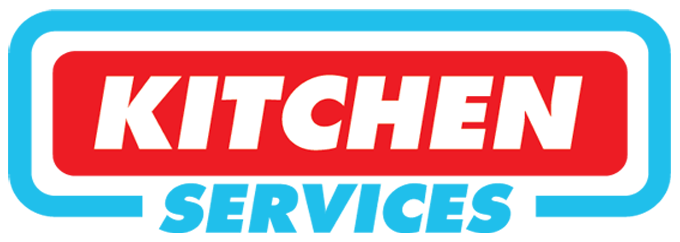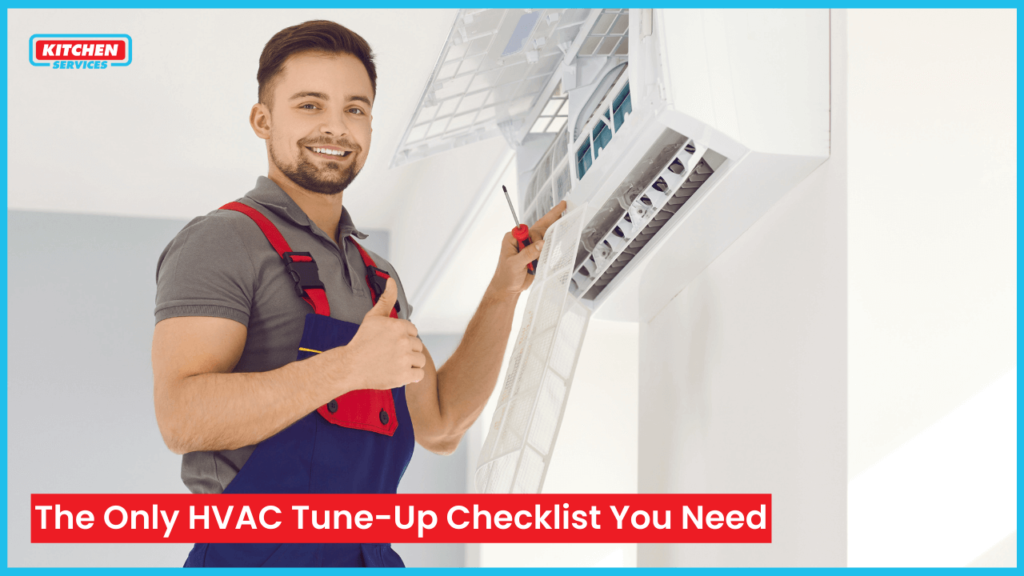When it comes to maintaining a comfortable and energy-efficient space, regular HVAC tune-ups play a vital role. These HVAC systems are responsible for keeping our homes cosy in the winter and cool in the summer.
Like any mechanical system, they require periodic maintenance to operate at their best. In this ultimate HVAC tune-up checklist, we’ll cover everything you need to know about keeping your HVAC unit in top shape. Additionally, we’ll also answer important questions, such as whether HVAC tune-ups are worth it and how you can optimize their heating and cooling capabilities.
The Importance of HVAC Tune-Ups
A well-maintained HVAC system or air conditioner not only ensures a comfortable indoor environment but also helps you save money on energy bills. Regular tune-ups can prevent breakdowns, extend the lifespan of your equipment, and improve overall efficiency. For example, your air filters may be clogged or a heat pump may be damaged.
Hence, this essential HVAC performance tune-up checklist covers relevant maintenance tasks to help you better understand its importance.
The Crucial Steps of an HVAC Tune-Up Checklist
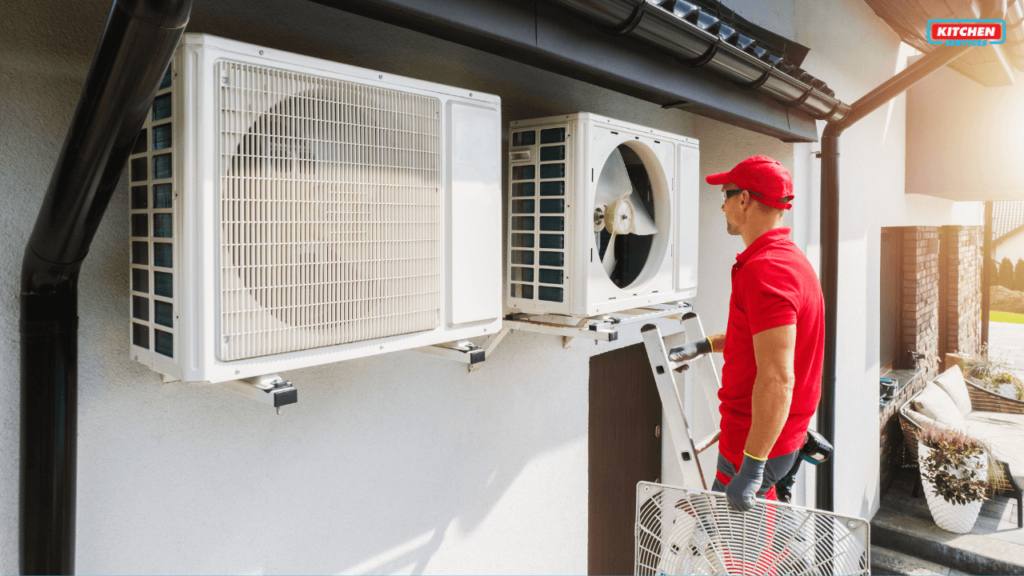
✓ Checking and Replacing Air Filters of Your HVAC System
The first step in the HVAC tune-up checklist is to inspect your filters monthly and replace them every 90 days. Dirty filters restrict airflow, reducing efficiency and putting extra strain on the system.
✓ Tune Up Checklist: Inspect and Clean Condenser Coils
Secondly, the condenser coils, located in the outdoor ac unit, play a critical role in the cooling process. Over time, these coils accumulate dirt, debris, and grime, hindering heat transfer and decreasing efficiency.
✓ Lubricate Moving Parts
Moving parts in an air conditioning unit, such as motors or bearings, require proper lubrication to reduce friction and prevent wear and tear. Therefore, all thorough HVAC tune-ups include lubricating these components to maintain smooth operation and extend their lifespan.
✓ Performance Tune-Up Checklist: Check Refrigerant Levels
The fourth step in the HVAC tune-up checklist involves your air conditioner’s refrigerant, which is responsible for cooling the air. Insufficient refrigerant levels can lead to poor cooling performance and potential damage to the compressor.
✓ Inspect Electrical Connections
Next come the faulty electrical connections that pose a significant safety hazard and lead to heating and cooling system malfunctions or even damage. Standard HVAC tune-ups include tightening any loose connections to ensure that everything is in proper working order.
✓ Test Thermostat Calibration
A properly calibrated thermostat is essential for accurate temperature control and energy efficiency. So, the HVAC tune-up checklist includes making any necessary adjustments to ensure that it accurately reflects the desired temperature.
✓ Clean and Clear the Condensate Drain Line
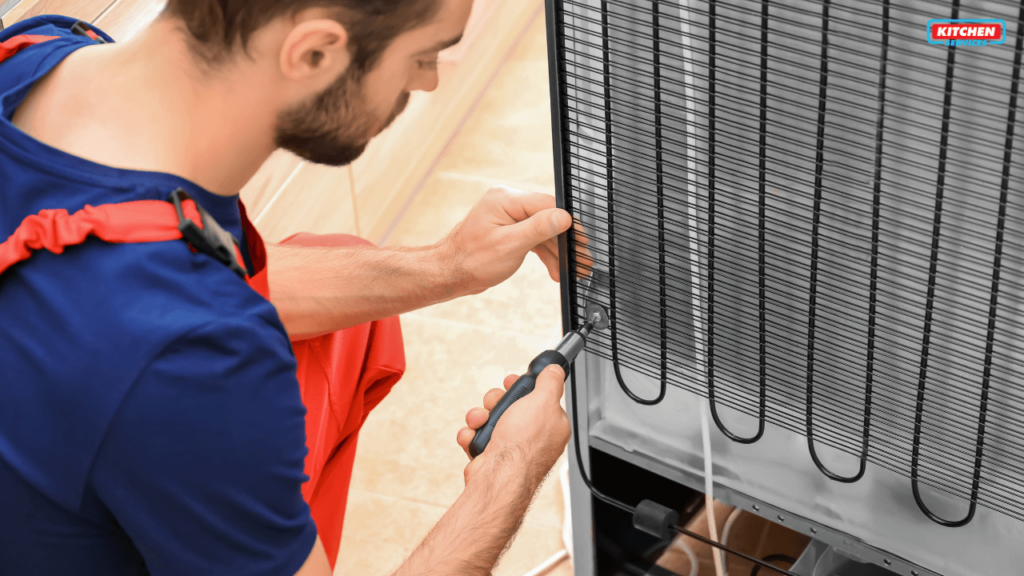
The condensate drain line is responsible for removing moisture from your ac system. Over time, this drain line can become clogged with algae, mould, or debris, leading to water leaks and damage. Which is why cleaning and clearing it is an important step in the HVAC maintenance checklist.
✓ Inspect and Adjust the Blower Components
Actually, the blower in your HVAC system is responsible for distributing conditioned air throughout your space. HVAC tune-ups include inspecting and cleaning the blower components to ensure proper airflow.
✓ Test and Calibrate Safety Controls
Safety controls in your HVAC system are designed to protect against potential hazards such as overheating or gas leaks. Hence, the HVAC tune-up checklist includes their testing and calibration to ensure their correct functioning in a safe operating environment.
✓ Clean and Inspect Ductwork
The ductwork in your cooling and heating system plays a vital role in distributing conditioned air throughout your space. Over time, dust, debris, and even mould can accumulate in the ducts, affecting indoor air quality and system efficiency.
✓ Test and Inspect Fan Belts
In fact, fan belts are responsible for transferring power from the motor to the blower and other components. Over time, these belts can become loose or worn, affecting system performance.
✓ Check and Adjust Gas Pressure (For Gas Furnaces)
If you have a gas furnace, it’s crucial to ensure that the gas pressure is set correctly for optimally efficient combustion. With gas furnaces, there is always a risk of carbon monoxide leakage. Therefore, HVAC tune-ups include checking and adjusting it to ensure safe and efficient operation of your old or new furnace.
Make sure you’re regularly checking up on your furnace maintenance as well.
Are HVAC Tune-Ups Worth It?
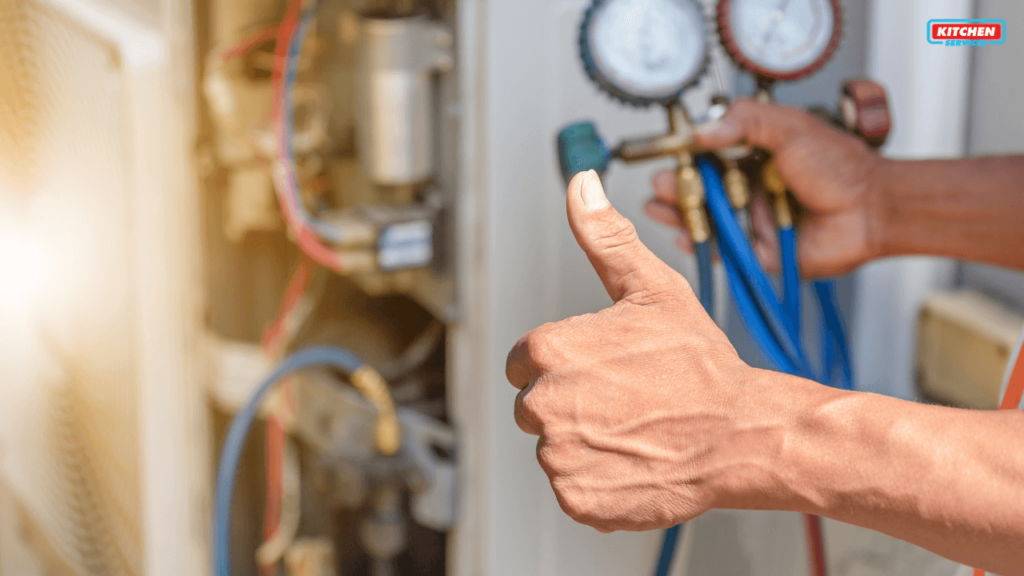
Absolutely! HVAC tune-ups may feel costly, but they are definitely worth it in the long run. Honestly, regular maintenance can improve your space or home’s energy efficiency, prevent costly breakdowns, and extend your HVAC system’s lifespan.
Kitchen Services offers extensive and thorough maintenance services that strictly follow the HVAC tune up checklist for homeowners or commercial usage. Contact us today, so your HVAC system can thank you later!
When should I schedule an HVAC tune-up?
It is recommended to schedule HVAC tune-ups at least once a year. Actually, it’s best to schedule them right before the cooling or heating seasons, which are spring and fall. An annual maintenance schedule ensures that your air conditioning system gives better performance and works properly.
This includes a thorough inspection of both the indoor unit and the outdoor unit. If you let the system run without a tune-up or skip your annual inspection, problems caused by dirt and debris will most definitely arise with one or two components, such as the condenser unit or refrigerant lines. Of course, that would lead to higher energy bills, especially during the summer when cooling systems are running at peak.
FAQs about HVAC Tune-Ups
We have gone over the HVAC tune-up checklist, so let’s look at the frequently asked questions regarding it:
1: When should I go for an HVAC tune-up?
It is recommended to schedule HVAC tune-ups at least once a year. Actually, it’s best to schedule them right before the cooling or heating seasons, which are spring and fall.
2: Can I do HVAC tune-ups myself?
You can do some of the tasks on the HVAC tune-up checklist by yourself, such as changing air filters. However, it’s better to leave the more complicated tasks to trained professionals. Our technicians have the expertise and tools to perform thorough inspections and address any issues effectively.
3: How will I know that my HVAC system needs a tune-up?
Some common signs include unusual noises, reduced airflow, increased energy bills, and inconsistent temperatures. Therefore, any of these signs would tell you that your HVAC system needs a tune-up.
4: Can HVAC tune-ups improve indoor air quality?
Yes! Doing so can help reduce pollutants such as allergens and dust in your space.
This article helps you understand why you need to stay on top of the potential issues caused by negligible matter like dirt and dust. Schedule your appointment as soon as possible to get your system serviced by a professional and give it the attention it needs for better and peak performance to keep your home comfortable.
